On July 05, 1828 in Celtic History
Daniel o’ connell wins the clare election
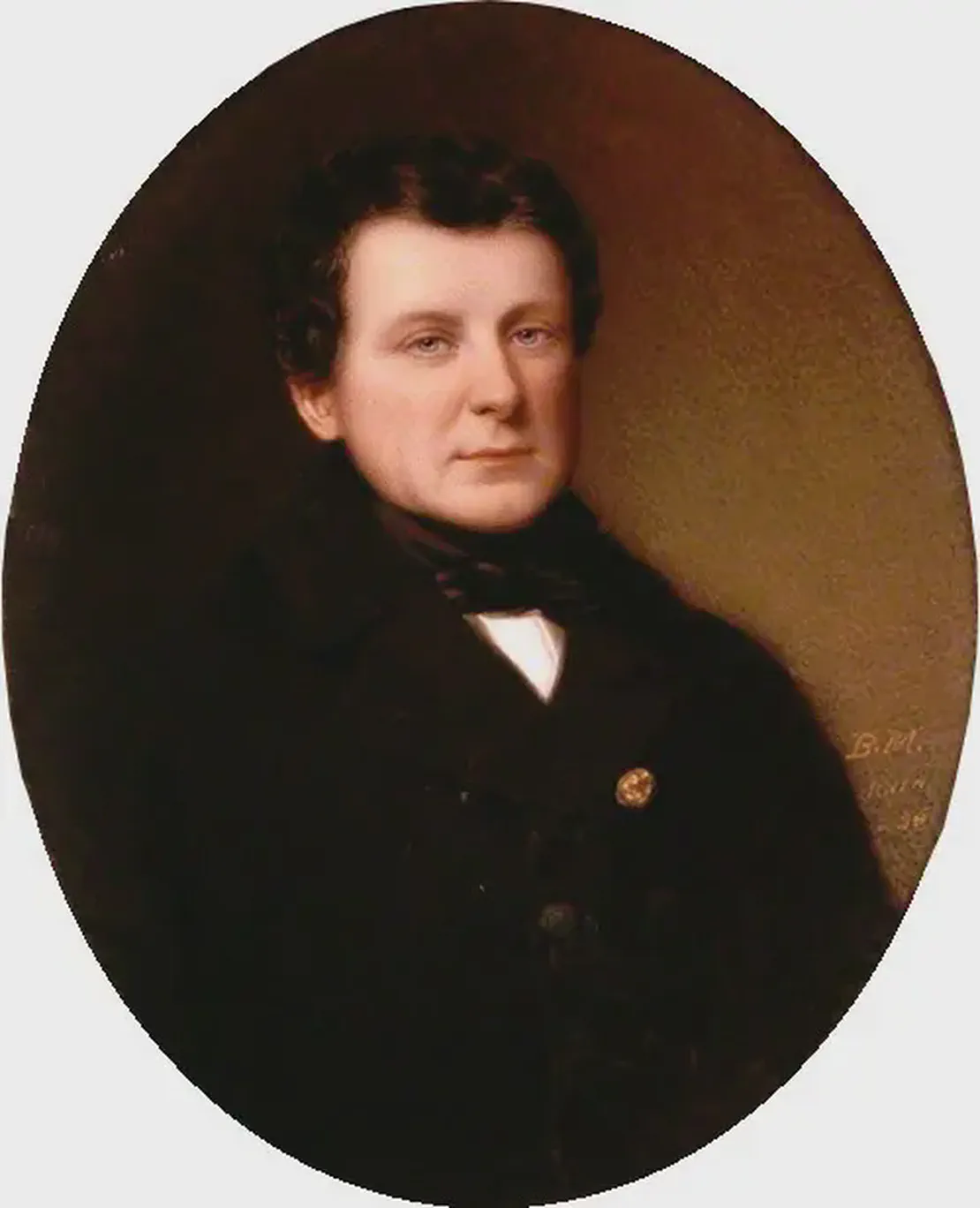
Daniel O’Connell won the Clare by-election on July 5, 1828, in what became a pivotal moment in Irish and British political history. O’Connell, often referred to as “The Liberator,” was a leading Irish political leader who campaigned for Catholic emancipation—the right of Catholics to sit in the British Parliament, hold public office, and participate fully in public life.
Background
-
Catholic Emancipation: During the early 19th century, Catholics in the United Kingdom of Great Britain and Ireland were still subject to various legal restrictions, including being barred from sitting in Parliament. The movement for Catholic emancipation sought to remove these restrictions.
-
O’Connell’s Candidacy: Although Catholics were allowed to vote, they were not permitted to hold parliamentary seats. Daniel O’Connell, a Catholic and a prominent lawyer, decided to challenge this by running for the seat in County Clare. His candidacy was a direct test of the law, as he would not be able to take his seat in Parliament without the laws being changed.
The Election
- Victory: O’Connell won the election by a substantial margin, defeating the pro-government candidate, William Vesey-FitzGerald, who was a sitting member of Parliament and a Protestant. O’Connell’s victory was significant not just because of the result but because it demonstrated the political power of the Catholic electorate, who overwhelmingly supported him.
Impact and Aftermath
-
Pressure on the British Government: O’Connell’s election created a political crisis in Britain. His victory forced the British government to confront the issue of Catholic emancipation more directly. The government, led by the Duke of Wellington and Robert Peel, feared that refusing to allow O’Connell to take his seat could lead to unrest in Ireland.
-
Catholic Relief Act of 1829: The pressure resulting from O’Connell’s election contributed directly to the passing of the Catholic Relief Act of 1829. This Act allowed Catholics to sit in Parliament and hold other public offices, effectively achieving one of the main goals of the emancipation movement. However, to take his seat, O’Connell had to win another election, as the Act did not apply retroactively to his earlier election.
-
Legacy: O’Connell’s victory in Clare is often seen as a turning point in Irish history. It showed the power of organized political action and the potential for peaceful, legal challenges to the status quo. O’Connell continued to be a major figure in Irish politics, advocating for further reforms, including the repeal of the Act of Union between Great Britain and Ireland.
Daniel O’Connell’s victory in the Clare by-election of 1828 is a landmark event that demonstrated the effectiveness of peaceful political activism and led to significant legislative changes, most notably Catholic emancipation in the United Kingdom.
Related Content
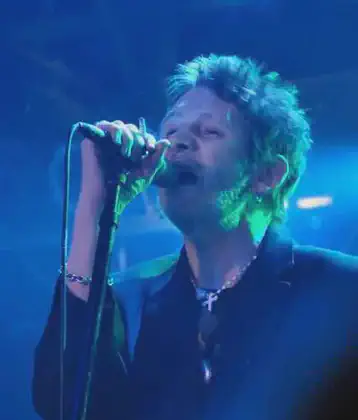
Shane Patrick Lysaght MacGowan, lead singer of the Pogues, died
Shane Patrick Lysaght MacGowan is an Irish-English musician and songwriter, best known as the lead singer and songwriter of the punk band The Pogues.
Read More
St Machar Day, patron saint of Aberdeen
Saint Machar is the Diocesan Patron Saint of Aberdeen; the Feast Day being observed on 12th November.
Read More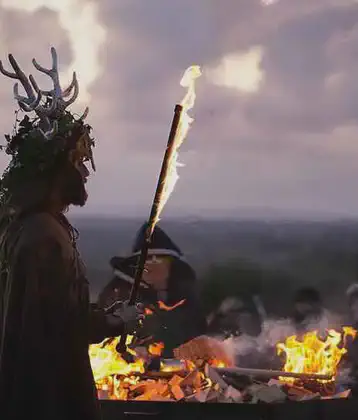
Oíche Shamhna - Cetlic New Year Eve (Halloween)
In Scotland and Ireland, Halloween is known as Oíche Shamhna, while in Wales it is Nos Calan Gaeaf, the eve of the winters calend, or first. With the rise of Christianity, Samhain...
Read More
ALBAN ELFED (Welsh Bardic name for autumn equinox)
Alban Elued, The Light of the Water, the first day of Autumn, was also called Harvesthome. Observed on September 21, the Autumnal Equinox was the day when the sun again began to...
Read More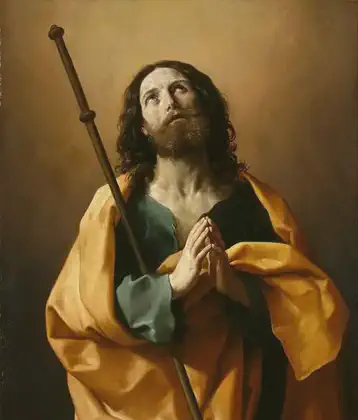
Feast day of St. James
Guinness St. James Gate Since mediaeval times, Dubliners held an annual drinking festival in the Saint’s honor. Fittingly, Guinness chose St. James’ Gate as the site for their...
Read More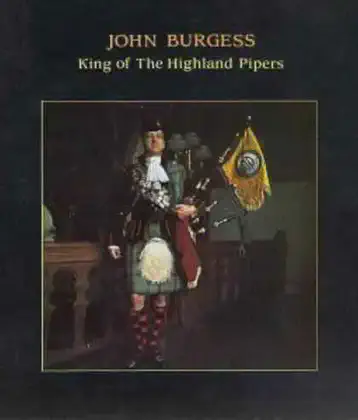
John Davie Burgess, King of the Highland Pipers, died at age 71.
John Burgess died on June 29, 2005 at the age of 71.
Read More
No location specified

No location specified

No location specified

No location specified

No location specified

No location specified

No location specified

No location specified